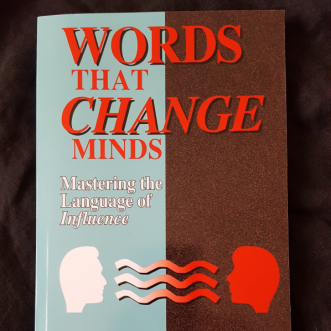July 3, 2023
What if something you thought was rigid, needn’t be at all?
One of the many gems I picked up from the latest episode of The New Human Movement podcast, in which Gary Hamel and Michele Zanini interview John Ferriola, former CEO of Nucor, was this.
Since the firm started in the ’60s, they have never laid anyone off.
They have worked short hours. At least once, they have worked almost no hours making ‘quality steel, safely produced‘, which is literally what they are paid for. When that happened in 2009, they worked in the communities around their plants instead, because they were having an equally tough time.
So even though people didn’t earn as much pay, they remained employed. This meant they kept their employment benefits such as health insurance, pension rights, holiday entitlements and length of tenure.
The result is of course, massive loyalty to the firm (which everyone part-owns), and zero resistance to changes that will make it more profitable (also because they get a share of unit and group-wide profits too).
Nucor’s work is seasonal anyway, so they already had this arrangement in place, it just happens to make it easier to adapt to downturns and be ahead of upturns.
Any old how, this reminded me of a ridiculously simple approach to seasonality of work, that seems to be commonplace in Europe, but not here.
In essence, you separate the way work is paid for from when it is delivered.
Here’s how:
Every year, a seasonal business works out how many hours it expects to be producing whatever it produces.
It works out what capacity it needs to have in place for the seasonal rush.
It employs that number of people.
The number of hours worked over the whole year per person is total hours/number of people.
An individual’s monthly salary works out as (total hours/number of people)/12.
Next the business agrees with each person individually how they are going to work those hours to fit with the seasonality of the business. When they will have holidays, when they don’t need to come in at all, and when they will be working extra-long shifts.
That’s it.
The result is that the business has a predictable salary cost over the year and the right number of people actually working in it at any one time, without having to constantly drop and recruit new people.
The people have a regular monthly income they can use to plan, and space in their annual schedule to do other things – holiday, study, work another job, start a side-hustle in a meaningful way.
Both have room to be flexible if actual circumstances don’t turn out as predicted.
I came across this idea for a factory, but the product doesn’t have to be physical, it could be a service, like hotel stays, design projects, coaching hours, or haircuts.
I wonder why it has never caught on here?
Still, you could give it a try while you’re small and see what it does for you.
All you have to do is imagine that something you thought was rigid could be flexible instead, and make that flexibility work for both sides.
Discipline makes Daring possible.











